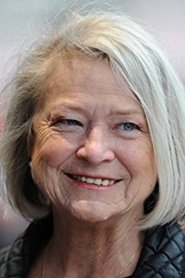
Asunder(2016)
Esther Johnson’s film uses local archive footage to convey the story of Sunderland's involvement in the First World War, from the men who fought in the fields to those who stayed behind to work in the region’s shipyards and munitions factories.

Movie: Asunder
Similar Movies
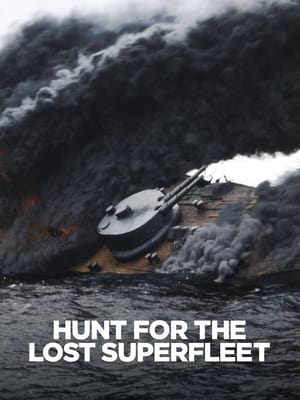 0.0
0.0Hunt For the Lost Superfleet(en)
The Battle of the Falklands, between a Royal Navy task force and five German cruisers, was one of the most dramatic and bloodiest sea conflicts of World War I. When the smoke cleared, four of the German ships had sunk, including the flagship and pride of the German fleet, the SMS Scharnhorst. For decades, none of the downed vessels were ever found. Now, more than 100 years later, maritime archaeologist Mensun Bound and his team are searching for the ships and the secrets they hold. It's a race against time and the raging South Atlantic Ocean.
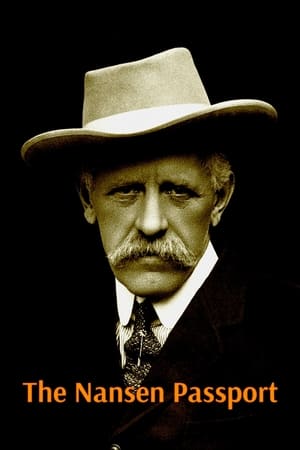 8.0
8.0The Nansen Passport(fr)
On July 5th, 1922, Norwegian explorer, scientist and diplomat Fridtjof Nansen creates a passport with which, between 1922 and 1945, he managed to protect the fundamental human rights as citizens of the world of thousands of people, famous and anonymous, who became stateless due to the tragic events that devastated Europe in the first quarter of the 20th century.
 7.0
7.0Apocalypse: The Battle of Verdun(fr)
A detailed account of one of the bloodiest battles of World War I. Between February and December 1916, the French and German armies relentlessly fought in the devastated camps around the village of Verdun.
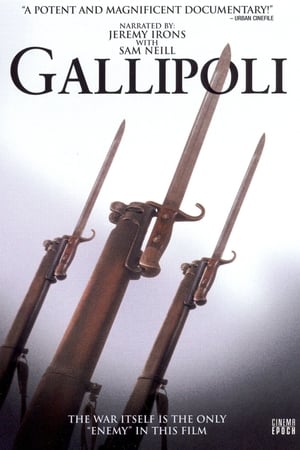 7.1
7.1Gallipoli(en)
The Gallipoli campaign of World War I was so controversial & devastating, it changed the face of battle forever. Using diaries, letters, photographs and memoirs, acclaimed director, Tolga Ornek, traces the personal journeys of Australian, New Zealand, British and Turkish soldiers, from innocence and patriotism to hardship and heartbreak.
 8.0
8.0Lenin and the Other Story of the Russian Revolution(fr)
Vladimir Ilyich Ulyanov, better known as Lenin, is remembered as the instigator of the October Revolution of 1917 and, therefore, as one of the men who changed the shape of the world at that time and forever, but perhaps the actual events happened in a way different from that narrated in the history books…
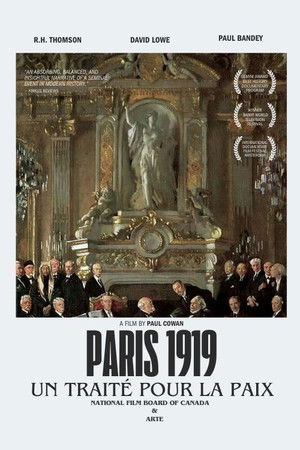 6.7
6.7Paris 1919: Un traité pour la paix(en)
The last shots had been fired in the First World War — but peace had yet to be made. Inspired by Margaret MacMillan’s acclaimed work of popular history, Paris 1919 takes us inside the most ambitious peace talks in history, revisiting the event with a vivid sense of narrative. Evoking a pivotal moment when peace seemed possible, director Paul Cowan reflects upon the hard-learned lessons of history.
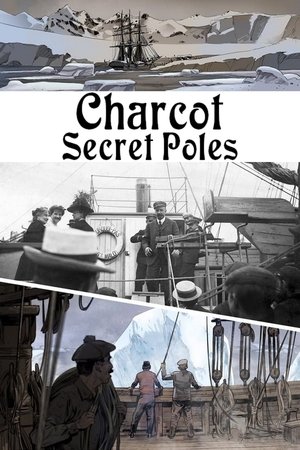 7.9
7.9Charcot: Secret Poles(fr)
The adventures and exploits of Jean-Baptiste Charcot (1867-1936), an intrepid scientist and explorer who laid the foundations of modern oceanography.
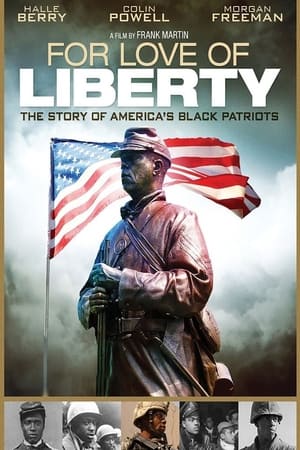 7.0
7.0For Love of Liberty: The Story of America's Black Patriots(en)
This High Definition, PBS miniseries uses letters, diaries, speeches, journalistic accounts, historical text and military records to document and acknowledge the sacrifices and accomplishments of African-American service men and women since the earliest days of the republic.
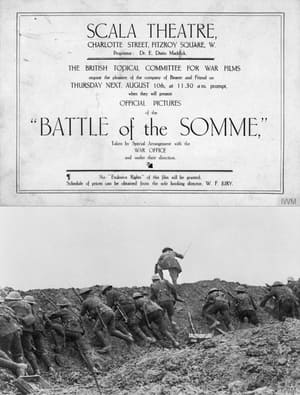 6.5
6.5The Battle of the Somme(en)
A documentary and propaganda film which shows the British Army's preparations for, and the early stages of, the battle of the Somme.
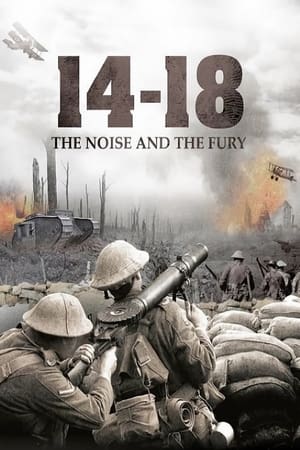 7.4
7.414-18: The Noise & the Fury(fr)
Not everything has been told about World War One. This documentary tries to explain how tens of millions of men could have suffered the unbelievable toughness of life in trenches during the 4 year ordeal. How could they have accepted the idea of a sure death or injury while not being able to tell why they were fighting.
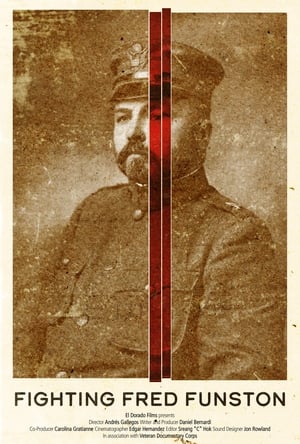 0.0
0.0Fighting Fred Funston(en)
On April 18th, 1906, San Francisco witnessed its most devastating natural disaster – an earthquake that initiated a city-wide fire. The commanding officer of the U.S. Army base at the Presidio, Fred Funston, gathered citizens to fight the fire, patrol the streets, and rebuild the city – all without authorization.
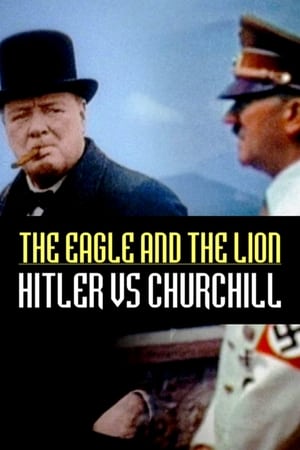 8.6
8.6The Eagle and the Lion: Hitler vs Churchill(fr)
Winston Churchill, one of the most revered men of the twentieth century. Adolf Hitler, one of the most hated leaders in contemporary history. Between 1940 and 1945, these two enormously contradictory personalities faced each other in both politics and war. A clash of giants whose story begins in the trenches of the World War I and ends with the debacle of the World War II.
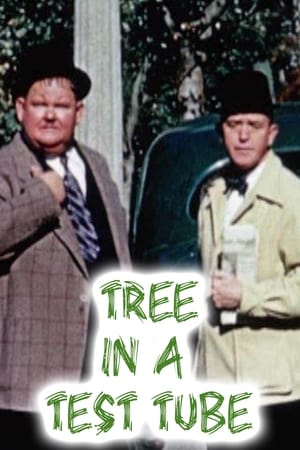 4.9
4.9The Tree in a Test Tube(en)
Stan Laurel and Oliver Hardy are stopped by narrator Pete Smith for the purpose of showing the audience how much wood and wood by-products the average person carries.
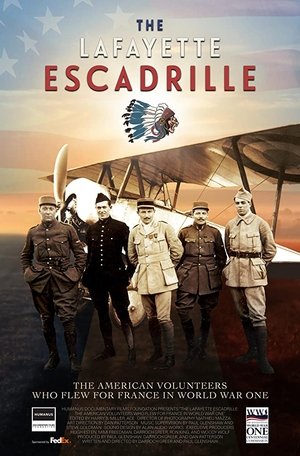 0.0
0.0The Lafayette Escadrille(en)
Filmed in the skies above France and the United States, The Lafayette Escadrille tells the story of the American volunteers who flew and fought for France in World War 1, becoming the founding squadron of American combat aviation.
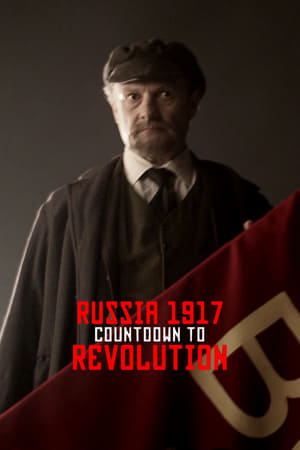 3.0
3.0Russia 1917: Countdown to Revolution(en)
Russia, 1917. After the abdication of Czar Nicholas II Romanov, the struggle for power confronts allies, enemies, factions and ideas; a ruthless battle between democracy and authoritarianism that will end with the takeover of the government by Vladimir Lenin and the Bolsheviks.
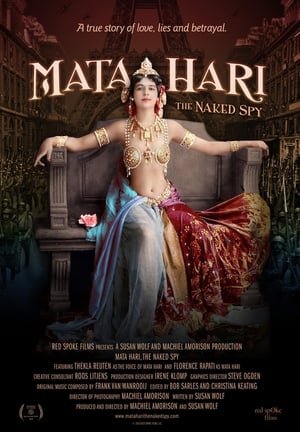 6.0
6.0Mata Hari: The Naked Spy(en)
100 years ago Mata Hari faced the firing squad as a convicted Dutch spy. It was at this moment that the legend of Mata Hari, the seductive spy, was born. Newly-discovered documents cast doubt on her guilt and reveal startling truths about her life. Mata Hari was a self-made woman whose boldness and sexuality threatened the male establishment. Most of what we've known about her until now has largely been myth. Mata Hari's challenges as an abused wife, single mother and a creative independent woman are familiar to women around the world. At the turn of the century, her struggles to attain sexual freedom, artistic expression, and liberation from the constraints of conventional society are the same ones women face today. She graced the cover of Vogue, performed all over Europe and left a coterie of smitten admirers in her wake.
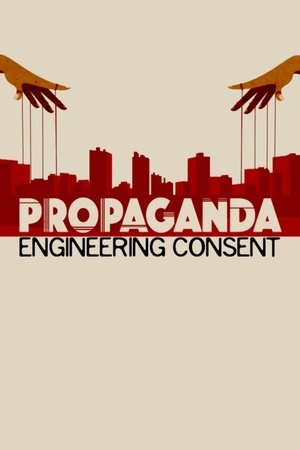 7.0
7.0Propaganda: Engineering Consent(fr)
How can the masses be controlled? Apparently, the American publicist Edward L. Bernays (1891-1995), a pioneer in the field of propaganda and public relations, knew the answer to such a key question. The amazing story of the master of manipulation and the creation of the engineering of consent; a frightening true story about advertising, lies and charlatans.
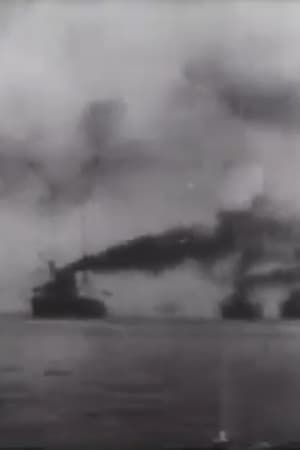 10.0
10.0The Killing Ground(en)
1988 CBC docudrama on Canada's role in WW1. Terence McKenna tours the Battlefields of Ypres, the Somme, Vimy Ridge and Paschendaele. Actors portray several Canadian soldiers in WW1 in re-enactments based on their memoirs, diaries and letters.
NARC. Mini-Doc – Outside The Mainstream: The North East’s Alternative Scene(en)
The final episode in our Mini-Docs series comes from musician and writer Jake Anderson, who explores the niche music genres which find an increasing audience in the North East. On a mission to discover outside-the-mainstream sounds and the driving forces behind their creation, Jake chats with musicians Me Lost Me, SQUARMS and Mariam Rezaei, along with some of the major players keeping these sonically-engaging sound makers doing what they’re doing, including Simeon Soden from Kaneda Records and Lee Etherington of TUSK. This mini-documentary features reflections on some of the most unique acts in the North East, what genre boundaries actually mean and artists’ hopes for the future of the North East’s alternative scene. This is an Art Mouse film for NARC. TV, written and directed by Jake Anderson.
Generale - Anatomie der Marneschlacht(de)
The movie depicts the events from July until September of 1914 which led to the defeat of the German troops at the Marne. While Sebastian Haffner explains and comments on operations and decisions on the basis of situation maps, key scenes are depicted by actors. A main focus is thereby placed by Haffner onto the controversial mission of lieutenant-colonel Richard Hentsch who is said to have, during a war patrol to the various army high commands, contributed to the abortion of the operations significantly.

